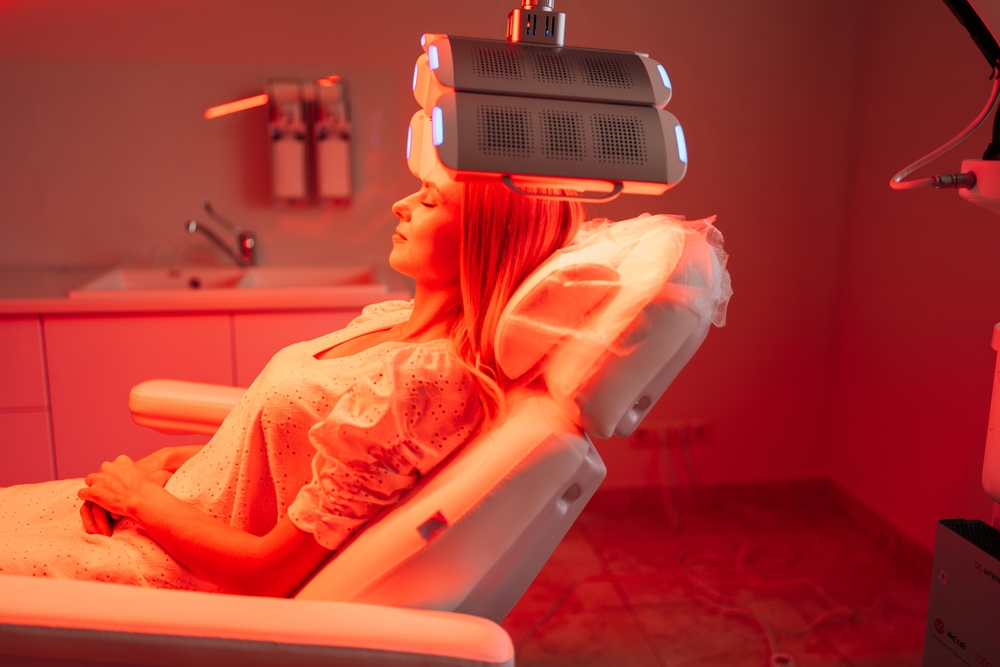Q: How is heart health connected to skin health?
A: Good circulation from a healthy heart nourishes the skin, delivering oxygen and nutrients for a glowing, youthful complexion. Poor circulation can lead to dull, dry skin and slower cell regeneration.
Tip: Boost circulation by staying active with regular exercise like walking, cycling, or yoga, and avoid smoking, which can impair blood flow.
Q: Can heart-related inflammation affect my skin?
A: Yes. Chronic inflammation from heart disease or conditions like high cholesterol can trigger skin issues such as acne, redness, or rosacea.
Tip: Reduce inflammation by eating an anti-inflammatory diet rich in omega-3s (found in fish like salmon), leafy greens, nuts, and berries. Also, consider practicing stress-reducing activities like meditation.
Q: How do antioxidants help both my heart and skin?
A: Antioxidants fight free radicals, reducing oxidative stress that can damage both your heart and skin.
Tip: Include antioxidant-rich foods in your diet such as berries, nuts, dark chocolate, and leafy greens. You can also use skincare products with ingredients like vitamin C and E for additional protection.
Q: Does stress impact my heart and skin?
A: Yes. Stress increases cortisol levels, which can raise blood pressure, harm heart health, and cause skin problems like acne or premature aging.
Tip: Manage stress through regular physical activity, mindfulness practices (yoga or meditation), and making time for relaxation. Getting enough sleep is also key to reducing cortisol levels.
Q: Why is hydration important for both heart and skin?
A: Hydration supports blood flow and circulation, keeping skin hydrated and plump. Dehydration can lead to dry, irritated skin and poor circulation.
Tip: Drink plenty of water (at least 8 glasses per day) and eat water-rich foods like cucumbers, watermelon, and oranges. Herbal teas are also a great hydrating option.
Q: Can certain skin conditions signal heart disease risks?
A: Yes. Conditions like psoriasis, rosacea, or xanthelasma (yellow eye plaques) can indicate an increased risk of heart disease.
Tip: If you have any of these skin conditions, consult with both a dermatologist and cardiologist to monitor and manage your heart and skin health together.





